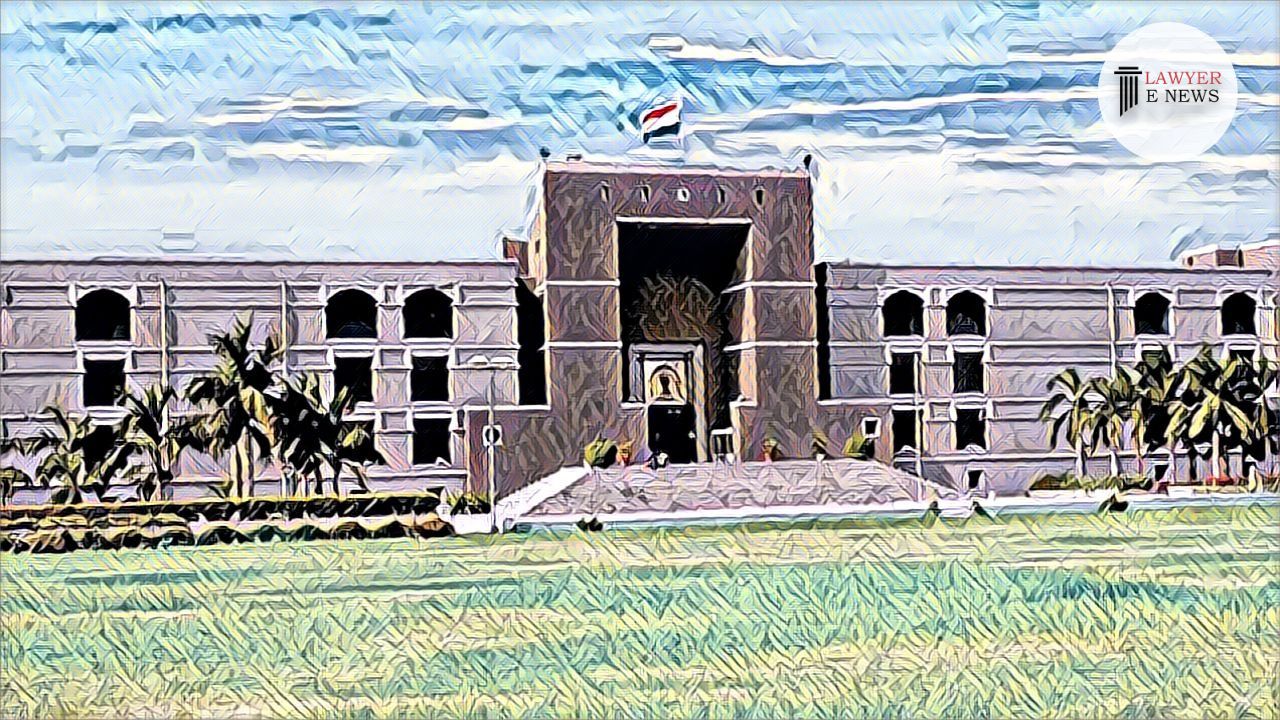-
by Admin
15 February 2026 2:36 AM



The Gujarat High Court has upheld the acquittal of Dipakbhai Nanubhai Patel in a murder case dating back to 1993, rejecting the State's appeal against the trial court’s decision. The judgment, delivered by a bench comprising Justices Aniruddha P. Mayee and Divyesh A. Joshi, emphasized the inconsistencies in witness testimonies and the lack of credible medical evidence, reinforcing the principle that an acquittal should not be overturned unless there is substantial and compelling evidence to do so.
The case revolved around the alleged murder of Bhikhabhai, who was attacked with a hockey stick on the night of April 3, 1993, while returning from a condolence meeting. The prosecution claimed that the accused, Dipakbhai Nanubhai Patel, was the perpetrator. Following the attack, Bhikhabhai was hospitalized and eventually succumbed to his injuries on April 16, 1993. Despite witness statements and the recovery of the alleged weapon, the trial court acquitted Dipakbhai due to insufficient evidence, leading the State to file an appeal under Section 378 of the Code of Criminal Procedure, 1973.
The court highlighted significant discrepancies in the witness statements. The complainant, Naginbhai Govindbhai, who was also the deceased’s nephew, initially claimed to have witnessed the attack but admitted during cross-examination that he had not disclosed this information earlier. The court noted, "The complainant’s statements before the trial court were marked by contradictions and improvements over his initial complaint, diminishing their reliability."
The court examined the medical evidence and the purported dying declaration of the deceased. Justice Mayee observed, "The statement of the deceased recorded by the investigating officer was not substantiated with proof that the deceased was in a conscious state at the time of giving the statement. Furthermore, the autopsy report indicated the cause of death as a brain infection, which could also result from a fall." The court concurred with the trial court’s assessment that the dying declaration lacked the necessary evidentiary weight.
The prosecution’s case also relied on the recovery of the hockey stick, allegedly used in the crime. However, the court found this evidence unconvincing, noting that the recovered stick did not have any blood stains or other corroborative material linking it to the crime.
The judgment reiterated the principle that in criminal appeals against acquittal, the presumption of innocence is reinforced, and the appellate court should be cautious in reversing such decisions unless there is clear evidence of a miscarriage of justice. "The golden thread in criminal jurisprudence is that if two views are possible, the one favoring the accused should be adopted," the bench stated, referencing the Supreme Court’s ruling in Allahrakha K. Mansuri vs. State of Gujarat.
Justice Mayee remarked, "The contradictions in the complainant’s testimony and the unsubstantiated medical evidence fail to establish the guilt of the accused beyond a reasonable doubt."
Conclusion: The Gujarat High Court’s decision to uphold the acquittal underscores the judiciary’s commitment to the principle of 'innocent until proven guilty.' The judgment highlights the importance of consistent and corroborated evidence in securing a conviction. This ruling serves as a critical reminder of the stringent standards required for overturning an acquittal and is expected to influence future judicial assessments in similar cases.
Date of Decision: 27 May 2024
State of Gujarat vs. Dipakbhai Nanubhai Patel
